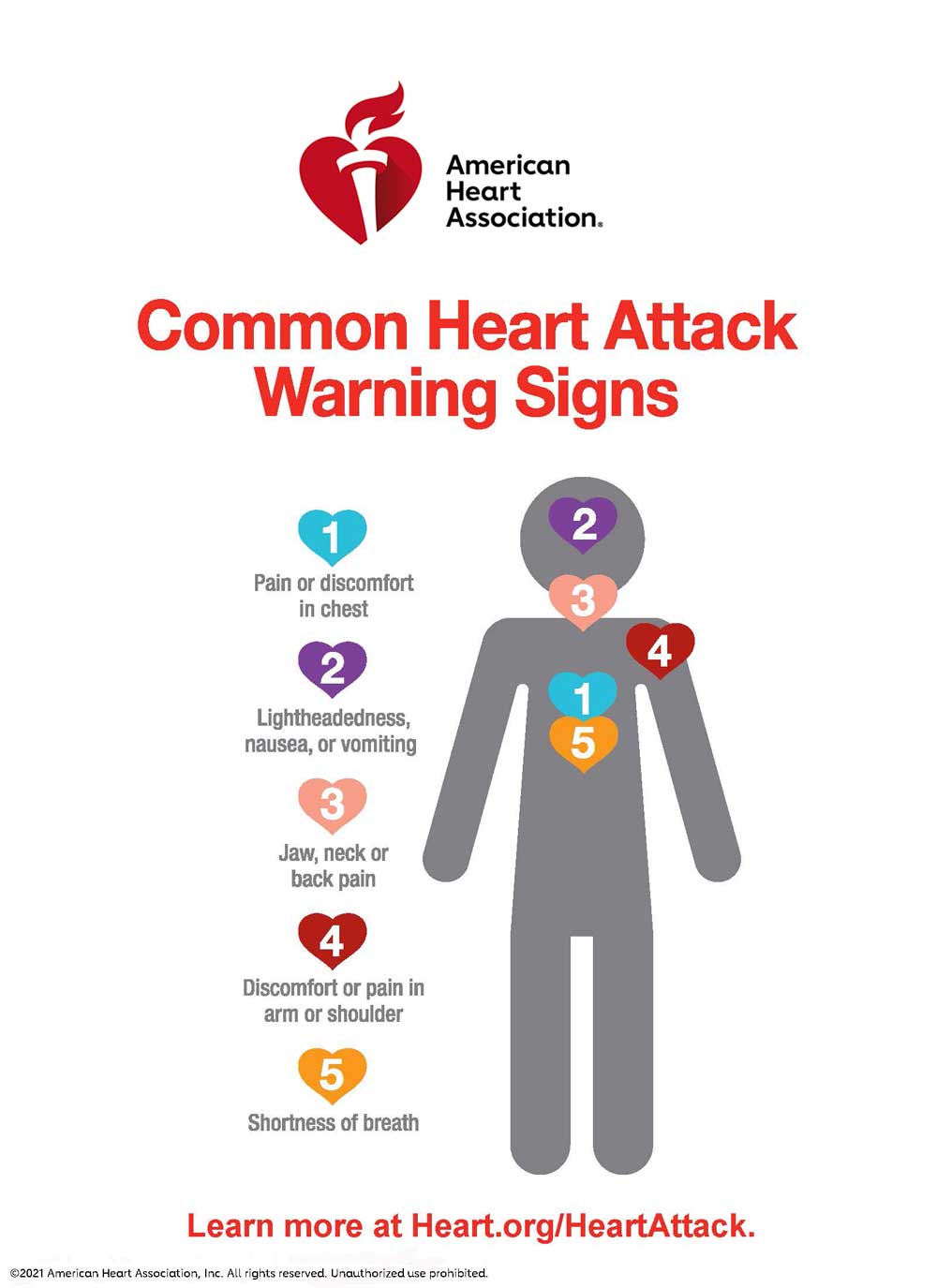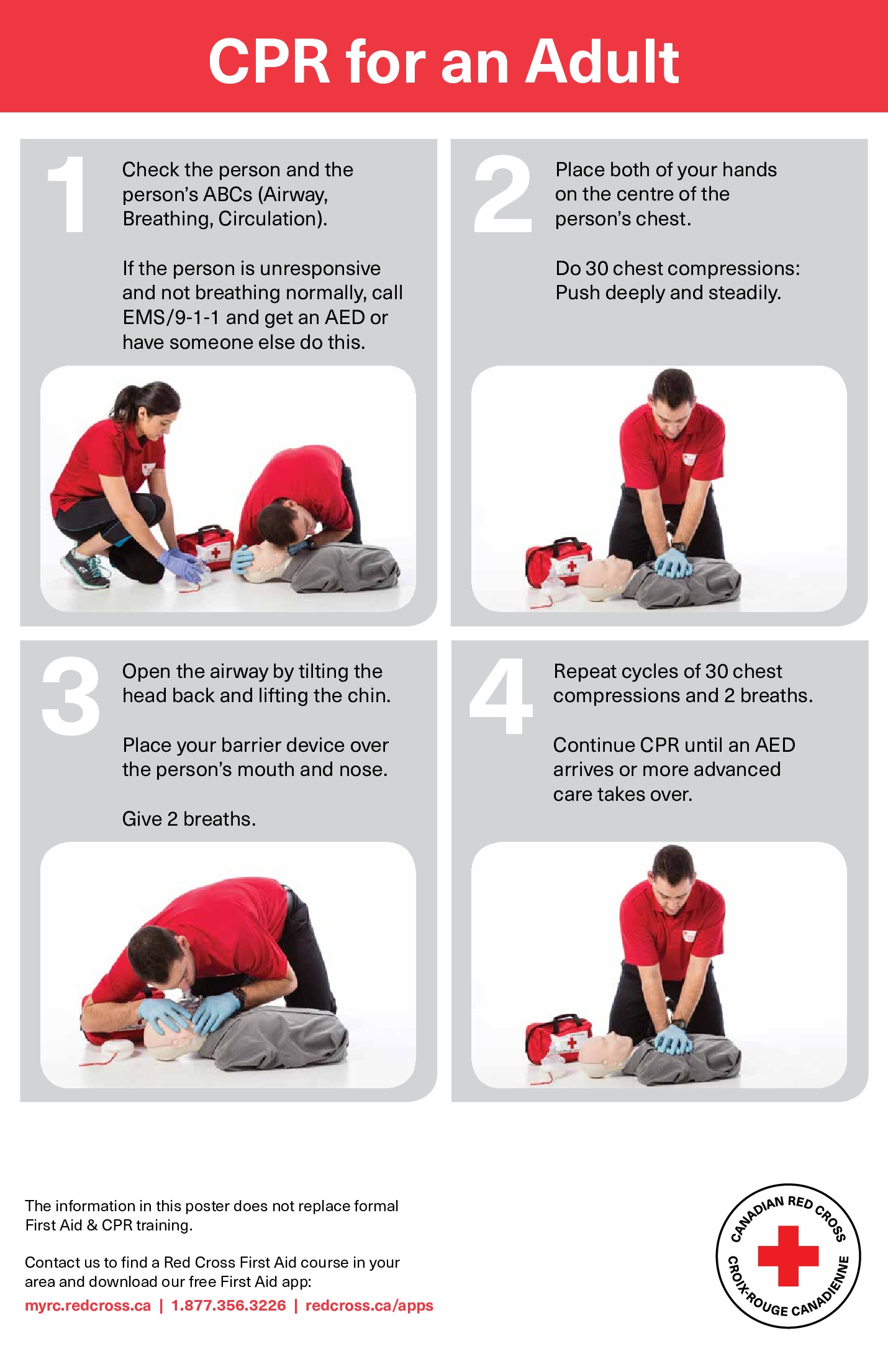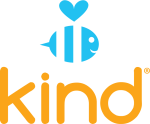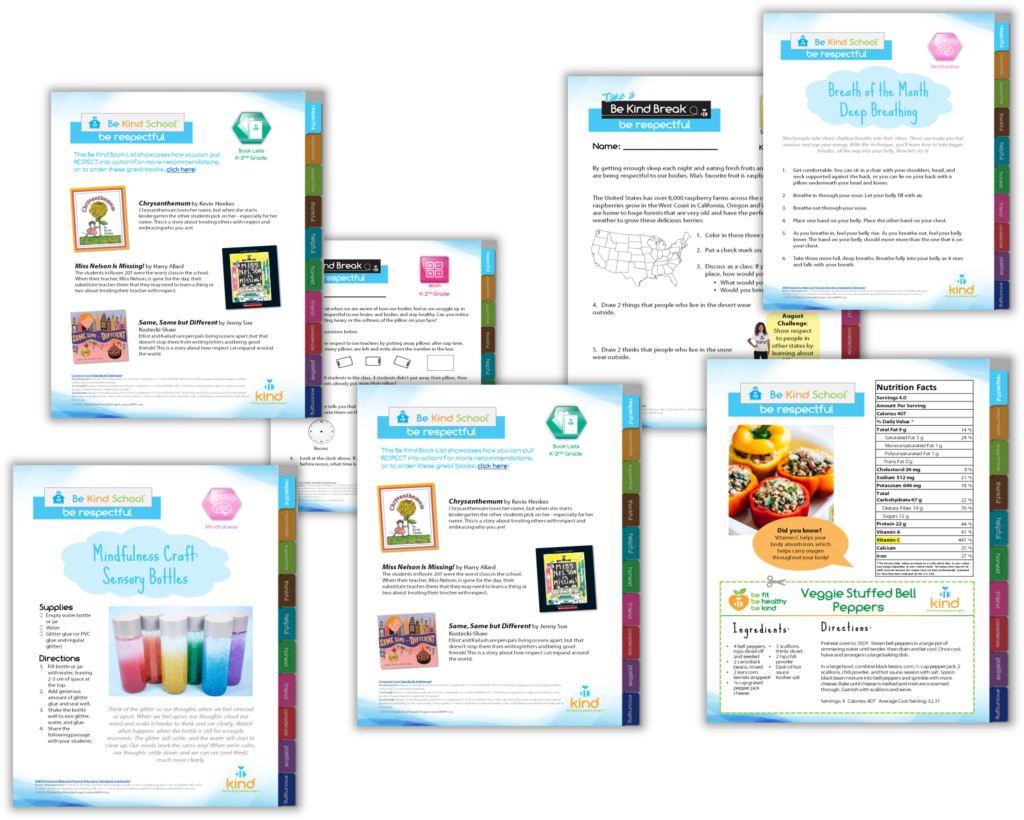- About
- Programs
- After School Classes
- All-School Assemblies
- The BE KIND Business
- The BE KIND Community Education Center
- The BE KIND SCHOOL
- BE KIND on the MOVE
- Classroom Resources
- #CyberSkills
- Family Engagement
- Fitness Programs
- Gardens
- Grace’s Group
- Health & Wellness
- Summer Programs
- Teacher Training
- Wellness Wednesday
- Athletes for Arizona
- Events
- Get Involved
- Donate
Listen to Your Heart: Recognizing Heart Attack Signs
- Home
- Wellness Wednesday
- Disease Prevention
- Listen to Your Heart: Recognizing Heart Attack Signs
Heart Attack Signs
Be Prepared - Learn What to Do in an Emergency

Listen to Your Heart
Sound the sirens and put on your hero hats because today we delve into an important topic that can potentially save lives: recognizing the signs of a heart attack and understanding the emergency response. Knowing how to identify the warning signs and taking swift action can make a critical difference in someone’s life.
This week, we will explore the common symptoms of a heart attack and provide essential information on how to respond during this medical emergency. First, let’s equip ourselves with the knowledge that can help us protect our loved ones and ourselves. Penn Medicine lists the subtle and not-so-subtle signals that the heart may send when a heart attack is imminent.
- Chest Pain, Pressure, Fullness, or Discomfort
- Discomfort in other areas of your body
- Arms (one or both), Legs, Neck, Jaw, Stomach
- Difficulty breathing and dizziness
- Nausea and cold sweats
Acting with Urgency: Emergency Response Steps That Save Lives
Be prepared to be a first responder and make a difference. CPR courses from the American Red Cross are available online.
Stayin’ Alive: The Power of CPR
Let’s discuss some common CPR myths.
Myth 1: You have to perform mouth-to-mouth resuscitation in CPR.
Fact: Hands-only CPR can be just as effective in saving a life and is recommended in certain situations.
Myth 2: You can only perform CPR on adults.
Fact: CPR can be performed on anyone, including infants, children, and even pets. The techniques may vary slightly depending on the person’s age and size, but the basic principles of CPR remain the same.
Myth 3: You can’t do any harm by performing CPR.
Fact: CPR performed incorrectly can cause serious harm, including broken ribs or punctured lungs. That’s why it’s crucial to learn how to perform CPR correctly and keep your skills up to date. CPR instructors emphasize the importance of accuracy to ensure maximum safety for all.
Myth 4: If someone’s heart stops, there’s nothing you can do.
Fact: With timely and effective CPR, you can greatly increase the chances of survival for someone whose heart has stopped. CPR buys valuable time for emergency responders to arrive and take over care.
Myth 5: CPR always works.
Fact: While CPR can be a lifesaving intervention, it doesn’t always work. However, even in cases where it doesn’t restore a heartbeat, CPR can still be effective in providing valuable time for emergency responders to arrive and take over care.

Beyond the Basics: AEDs and Their Life-Saving Potential
An AED, or automated external defibrillator, is used to help those experiencing sudden cardiac arrest. It’s a sophisticated, yet easy-to-use, medical device that can analyze the heart’s rhythm and, if necessary, deliver an electrical shock, or defibrillation, to help the heart re-establish an effective rhythm. The American Red Cross explains how and when to use an AED in their online CPR training.
Emotional Support: Nurturing Hearts in the Aftermath
Recognize the emotional impact of experiencing or witnessing a heart attack and learn strategies to provide support. The Heart Foundation wants to acknowledge that healing the heart goes beyond the physical aspect. By providing emotional support, understanding, and resources, you can make a positive difference in the lives of survivors and their loved ones. Together, let’s foster an environment of compassion, empathy, and healing as they embark on their journey toward emotional well-being.
Understanding the signs of a heart attack and being prepared to respond with confidence is essential for everyone. By familiarizing ourselves with the symptoms and knowing the appropriate emergency response protocols, we become empowered to protect our hearts and the hearts of those around us. Let’s listen to our hearts, act swiftly in emergencies, and spread awareness about heart health. Together, we can save lives and make a lasting impact. Stay tuned for more valuable information on our blog, and remember, your heart matters!
Published on August 16, 2023
Questions? Comments? Want to contribute to the Wellness Wednesday Blog?
Send your ideas to info@bkpp.org.

Learn More about The Be Kind People Project®
- Programs
- After School Classes
- All-School Assemblies
- The BE KIND Academy
- The BE KIND Business
- The Be Kind Break
- The BE KIND School
- The BE KIND on the MOVE
- #CyberSkills
- Family Engagement
- Fitness Programs
- Gardens
- Grace’s Group
- Health & Wellness
- Summer Programs
- Teacher Training
- Wellness Wednesday
- Athletes for Arizona
Copyright © The Be Kind People Project | Privacy Policy

